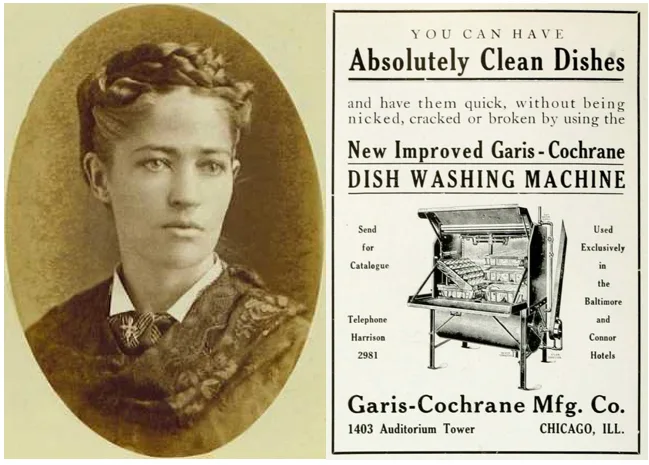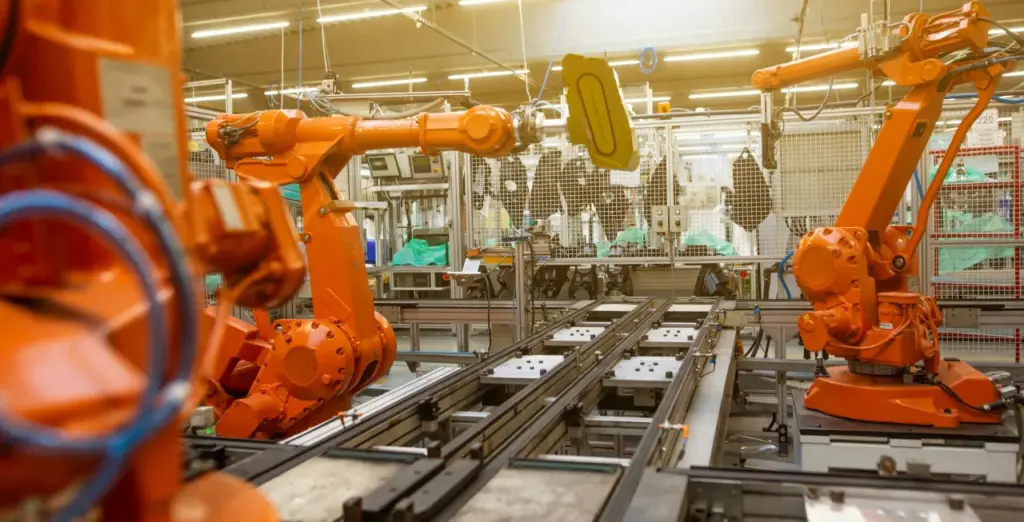How engineering influences everyday life: our perception of time
Overview
The alarm rings, and another day begins. You wake in the comfort of a home built to stand firm and safe, with clean water waiting in the bathroom and warm air keeping out the chill.
Even before stepping outside, engineering has already shaped your morning.
Breakfast is quick, bread toasted in seconds, coffee brewed at the touch of a button, light filling the kitchen with just a flick of a switch. Soon you’re on the road, carried smoothly through streets and bridges designed to move thousands of people every day, with the comfort of a favourite radio programme playing.
At work, the office hums with energy. Computers, networks, and electricity make tasks possible that a half a century ago would have been unimaginable. In fact, the very job you do might not have existed back then, it only came to be because new technologies and industries created space for it.
Later, you book a gym class on your phone, speak with friends across town instantly, and at home, you can relax with a book on an e-reader while the vacuum cleans the floor by itself (another quiet sign of engineering at work).
From morning to night, almost every action of your day is supported by systems and tools designed by engineers such as those at Advannor, who imagine, design, and transform technical knowledge into real solutions. Most of these are invisible, taken for granted, yet they bring safety, comfort, connection, and the possibility to live a life fuller than generations before could have imagined.
Engineering enables the creation of tools and systems that let us carry out both personal and professional tasks more easily, freeing time for what excites us most. But the question remains: do we really have that time available?
Engineering: from the first steps to today
The Industrial Revolution of the 18th century marked a turning point in engineering and technology. Breakthroughs such as the steam engine and the railway emerged in response to society’s growing need for speed and modernity, as well as to meet rising levels of consumption.
From that time until today, engineering has driven the development of technologies such as hydraulic power, electrification, mass production and computing – always with the aim of supporting modern life and consumption. In this way, engineering is both a tool that promotes progress and a consequence of the very evolution it enables.
Speed, as a direct outcome of technological progress, has changed how societies are shaped today. Orders are delivered within 24 hours, we work from spaces far beyond the traditional office, coffee is ordered with a click, photos are shared across the world in seconds, and household chores are taken care of by machines – some of them dating back to the 19th century, such as the dishwasher invented by Josephine Cochrane 1.
Engineering is so deeply embedded in our lives that some academics argue: if traditional technology grew out of natural resources, today nature itself is adapted to meet the demands of technology.
But with such rapid advances in engineering and technology, what are the repercussions for our perception of time? And how do we, as users, experience time in this fast-paced, hyperconnected society?

Engineering creates the conditions for a safer and more comfortable life. Yet it is up to each of us, individually and collectively, to decide how we make use of this benefit.
The paradox of social acceleration
Hartmut Rosa, the theorist of social acceleration, defines a paradox of modernity: on the one hand, technological advances are perceived as tools that save time, yet on the other, modern life often gives us the sense of having less time available.
A modern society can be described as one where processes move faster, with the exchange of information and goods rapidly processed and consumed. As we have seen, acceleration emerged alongside the technological advances of the 18th century and continues to this day as a driving force of social stability and order.
Rosa identifies four behaviours that contribute to an accelerated society: the speeding up of individual actions, the elimination of pauses, multitasking, and the adoption of time-saving activities.
In the opening example of this text, we can easily spot behaviours that mirror Rosa’s observations: commuting by car while listening to the radio, or booking a gym class during a coffee break, are just two instances.
Here we begin to see the paradox: the lack of time fuels the invention of tools that save time, yet constant growth and acceleration reinforce the perception of a world that feels ever faster.
This perception is shaped by the relationship between the time available and the time it takes us to complete our tasks. When our days are filled with stimulating activities, we tend to believe that time passes more quickly.
Another angle worth considering is the generational perspective. This highlights an emerging form of social inequality: those born into times of widespread access to technological tools develop habits that are often incompatible with the “slower” lifestyles of older generations. As a result, faster consumers hold an advantage over those who are not equipped to use the most advanced technologies.

Engineering as an integral part of modern society
Whether highly advanced or more modest, technology and engineering are broad in scope and decisive for the cultural evolution of modern society. Engineering creates the conditions for a safer and more comfortable life. Yet it is up to each of us, individually and collectively, to decide how we make use of this benefit.
Engineering is not just science; it is also an intrinsic part of our daily lives, present throughout the day in ways both visible and invisible. Household appliances, smartphones, running water, the logistics warehouses that process our orders, the wind farms we pass on our travels – all are clear examples of how engineering surrounds us.
Behind today’s engineering lie centuries of accumulated innovation. At Advannor, our mission is to contribute to this ongoing innovation with technological solutions that serve people, communities, and businesses. With a strong presence in intralogistics and wind energy, we work across engineering disciplines such as mechanics, automation, loads & controls, and software – helping to shape the sustainable future of our societies. Our goal is to ensure that progress does not distance us from life but makes it richer and more fulfilling.
Authors

Cristiano Teodoro
Head of Marketing and Communication

Rita Cunha
Mechanical Department Manager
REFERENCES
- The Philosophy of Technology and Engineering. Durmus Gunay
- Towards a social theory of acceleration: Time, modernity, critique. Filip Vostal.
- Social acceleration and the need for speed. VERSO BOOKS
PHOTO CREDITS



